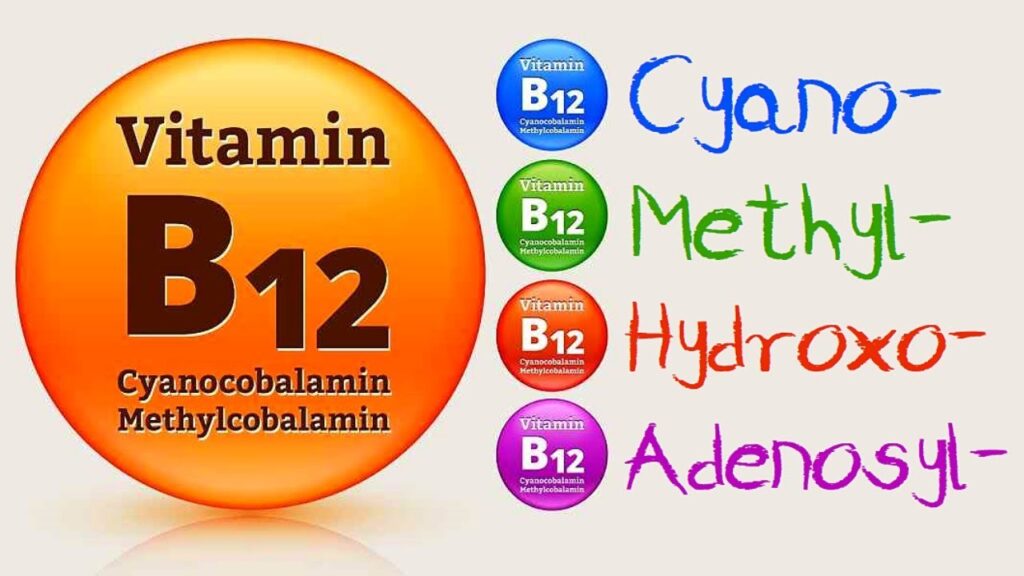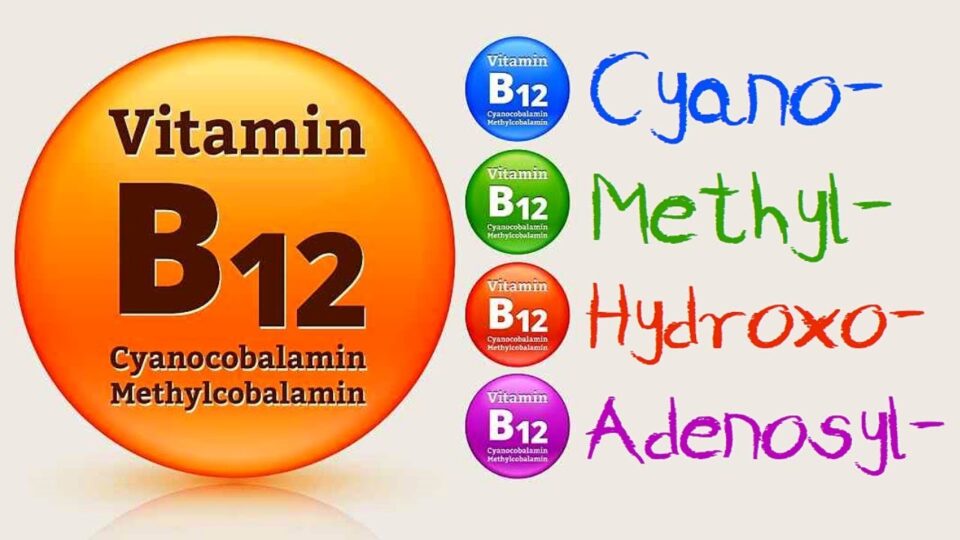Vitamin B12, also known as cobalamin, plays a vital role in many bodily functions, including red blood cell formation, DNA synthesis, and neurological health. Among the various forms of vitamin B12 available, methylcobalamin and cyanocobalamin are two of the most popular. This article explores the differences between these two forms of vitamin B12, their respective benefits, and helps you determine which one might be right for you.
Understanding Vitamin B12 Forms
Vitamin B12 is not a single entity but rather a group of compounds that can broadly be classified into two categories: natural and synthetic. Methylcobalamin is a naturally occurring active form of vitamin B12, while cyanocobalamin is a synthetic form often used in dietary supplements and fortified foods.
Methylcobalamin
Methylcobalamin is the bioactive form of vitamin B12 that the body uses directly. It is primarily involved in the conversion of homocysteine to methionine, an essential amino acid that supports protein synthesis and the production of other critical molecules. Moreover, methylcobalamin has neuroprotective properties and is frequently studied for its potential benefits in treating neurological disorders, such as peripheral neuropathy.
Benefits of Methylcobalamin
-
- Immediate Bioavailability: It is readily used by the body without the need for conversion, making it a more efficient option for individuals with absorption issues.
-
- Neurological Support: Research suggests that it may help in the management of neurological diseases and conditions related to nerve damage, making it a preferred choice for patients with neuropathy.
-
- Homocysteine Regulation: By helping to lower homocysteine levels, methylcobalamin may contribute to heart health.

Cyanocobalamin
Cyanocobalamin is a man-made form of vitamin B12 that is commonly used in supplements and fortified foods. The body converts it to the active forms of B12, including methylcobalamin and adenosylcobalamin. While it is effective in preventing and treating vitamin B12 deficiencies, some people may have concern regarding its synthetic nature.
Benefits of Cyanocobalamin
-
- Cost-Effectiveness: Typically, cyanocobalamin is less expensive to produce, making it widely available in the market.
-
- Stability: Cyanocobalamin is more stable than methylcobalamin when stored, making it ideal for use in supplements and fortified foods.
-
- Various Forms: It is available in multiple formats, including tablets, capsules, and injectable forms, catering to diverse patient needs and preferences.
Choosing the Right Form for You
Absorption and Efficacy
Some factors may influence which form of vitamin B12 is right for you. If you are concerned about absorption issues, such as those associated with digestive disorders like Crohn’s disease or pernicious anemia, methylcobalamin may be a better option due to its immediate bioavailability.
Neurological Considerations
Individuals with neurological issues or those seeking support for conditions like peripheral neuropathy may find methylcobalamin more beneficial due to its neuroprotective effects.
Budget and Accessibility
If cost or availability is a significant concern for you, cyanocobalamin remains an excellent option. Its wide availability in various formulations makes it a convenient choice for many.
Dietary Considerations
For vegans or vegetarians, both forms can complement a diet lacking in natural sources of vitamin B12. However, because cyanocobalamin is often added to fortified foods, it may be easier to find in a supplement form tailored to these dietary preferences.
Conclusion
Both methylcobalamin and cyanocobalamin have unique advantages, and the best choice largely depends on your individual needs, health conditions, and financial situation. If you’re still unsure which form of vitamin B12 is right for you, consulting a healthcare provider can provide personalized guidance based on your specific health circumstances. Ultimately, ensuring adequate vitamin B12 intake is crucial for sustaining energy levels, maintaining cognitive function, and supporting overall health.
